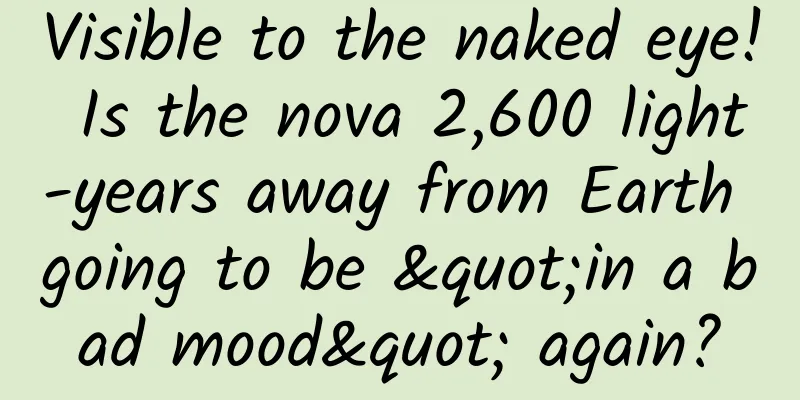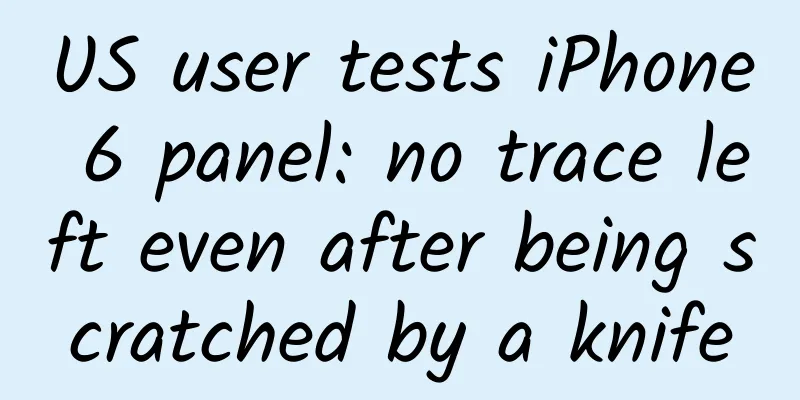Will native applications be replaced by web applications and new browsers?

|
A common refrain about the future of mobile is that “eventually, all mobile apps will be either iOS or Android.” But most of the people who make such comments are the vested interests of native applications. Their advocacy of native applications makes them ignore the fact that browsers and web applications are developing rapidly and becoming the future of mobile operating systems, while native applications are slowly dying. Native apps are not a panacea There are some good things about native apps, of course. They're good for heavy tasks like connecting with friends, family, and coworkers -- things we do multiple times a day, every day. Related apps like Snapchat, WhatsApp, and Facebook Messenger require direct access to the camera, microphone, and operating system, so it's not hard to understand why these apps are native iOS and Android apps. But do other types of applications also require downloading native apps? Today's web and browsers can easily achieve almost everything we want to do. Let's not forget that native mobile apps were a stopgap solution to short-term connectivity issues. In today's world where 4G and WiFi are available everywhere, those problems have disappeared. For example, companies like Patagonia have already said goodbye to native mobile apps, thanks to advanced capabilities and standards in mobile networks. We spend more time in our web browsers than you think It’s not just companies that are choosing to move away from native apps — the average American now downloads zero new apps a month. It’s not that we’re spending less time on our phones — comparing the app market’s sluggishness to the amount of time people spend on the web suggests that’s the case. Everyone is familiar with Firefox, Chrome, Safari, and Internet Explorer—these “traditional” browsers have address bars, search functions, and forward and back buttons. But they are not all that the browsers we use every day are. We spend more and more time on messaging apps and social networks, which themselves include mobile web. They are actually browsers. And these browsers provide us with the social environment and network links we want, which is something that traditional browsers cannot do. For example, Facebook is our social network browser. It makes it easier for us to browse and discover new friends, new trends, and new content, and we enjoy it. Instead of "pulling" content like we do with traditional browsers, Facebook "pushes" great content directly to us based on our interests and friends. We have observed changes in the appearance of the application and the addition of new features, which make the Facebook iOS application closer to a real browser. The new version of Facebook's page has the features of a traditional browser: bookmarks, address bar, and back and forward buttons. In addition, we also have work browsers, such as Slack, which facilitates us to find files, conversations and data. In the past, we were used to collecting the information we needed from our colleagues, which often made us miss useful information unconsciously. Nowadays, our colleagues upload and update files on applications like Slack, making our professional life simpler and more complete. WhatsApp is our browser for connecting with our closest friends. Whether it’s a 1:1 conversation or a small group, we are constantly fed with content tailored to us based on the links we recently browsed. These links “push” content to us to browse and digest. We trust their recommendations - it’s the most personal way to browse the web. These messaging apps are of course native apps, but strictly speaking they already include new features that replace the functions of our previous native apps. Drawing on the wisdom of millions of external software developers, these apps provide us with a large amount of personalized information, making us very dependent on these new browsers. Even though there are so many apps on our phones, you only use three of them most often. In fact, these messages and social browsers are so successful that we tend to use only three of them to discover and consume the content we want. No wonder Facebook, Google and other companies are investing heavily in this area. If you own the browser, you own the audience. Mobile robots, a new way to play with browsers Another exciting thing about new browsers is that the model that powers them is still changing. Bookmarks have been a core feature of operating systems since the 1990s, with desktop icons and the Start panel. As we spend more time in desktop browsers, we rely on new kinds of bookmarks. We bookmark URLs and domains, add toolbars to use features like MSN News, Google Search, and Yahoo Mail, and we manually define our own content. The change we see on mobile phones is that robots (artificial intelligence assistants) seem to have become a new type of dynamic bookmarks for mobile web browsing. Users no longer need to type the URL address in the address bar and wait for the browser to respond. Robots can directly pop up these contents when we need them. They know which content is most attractive to users and constantly provide relevant information. Now, they are defining our content. For example, take the @music feature on Telegram. It uses an embedded keyboard to allow you to discover and listen to music without sending any commands. It also automatically updates the information on the page when you swipe across the search results interface. So the two options of a) a standalone native mobile app (like Spotify) and b) having to search for music on a browser like Chrome are no longer valid, and mobile robots will provide users with super cool experiences, such as ordering food or shopping without leaving social or messaging apps. Mobile bots have become a way for us to mark our interests and behaviors. The content we revisit is dynamic. We can book or buy something or read an article. This defined process is determined by our network of friends and artificial intelligence. What does this mean for the next generation of software companies? The most popular global mobile operating system is the web — not iOS or Android. It’s important for the next generation of software companies to realize that they shouldn’t just focus on developing native software for iOS and Android. We should ensure that web software can run well in mobile browsers such as messaging applications, and not develop native iOS and Android software with the idea of "maybe it will succeed." The real success lies in the social and messaging applications where users spend the most time, which is our latest "browser". As a winner of Toutiao's Qingyun Plan and Baijiahao's Bai+ Plan, the 2019 Baidu Digital Author of the Year, the Baijiahao's Most Popular Author in the Technology Field, the 2019 Sogou Technology and Culture Author, and the 2021 Baijiahao Quarterly Influential Creator, he has won many awards, including the 2013 Sohu Best Industry Media Person, the 2015 China New Media Entrepreneurship Competition Beijing Third Place, the 2015 Guangmang Experience Award, the 2015 China New Media Entrepreneurship Competition Finals Third Place, and the 2018 Baidu Dynamic Annual Powerful Celebrity. |
<<: Lotus changes leadership, Geely's Feng Qingfeng to become CEO
Recommend
Do children only have stuffy noses, runny noses, and sneezing when they have a cold? That may not be the case...
gossip In spring, if children repeatedly experien...
Online literature and movies: How do they complement each other?
There is a view that the flourishing Chinese lite...
Turquoise-colored emerald kudzu blooms and competes with bird of paradise flowers
South China Botanical Garden is full of spring in...
Tencent Big Data: 2014 Q3 Mobile Industry Data Report
[[124780]] Today, Tencent Big Data released the &...
How to operate content for non-content products: The core lies in content presentation and recommendation
Content presentation and content recommendation a...
Luliang Mini Program Franchise Company, how much does it cost to join a fresh fruit and vegetable delivery mini program?
Mini programs are now very popular in various ind...
Cancer experts warn: If these words appear in your medical report, it may be cancer! But...
Nowadays, everyone attaches great importance to p...
Is it really such an easy way to lose weight by not eating staple foods and eating more meat?
A pharmacist in the company had been overweight f...
How to write a 99-point event planning proposal?
If you give a campaign plan 100 points, then toda...
The secret of down jackets to keep warm can no longer be hidden
Produced by: Science Popularization China Produce...
Schmidt vs. Jobs, Android vs. iOS
[[120647]] The following is excerpted from the ne...
How much is the monthly old-age allowance for an 80-year-old in 2022? How to apply? Attached are the latest standards from various places!
The silver wave is coming rapidly in my country. ...
The "Trisomy" appears? This creature can also dehydrate itself!
As we all know, cockroaches are known as "in...
Do you still use the “little white dot” on your iPhone to protect the home button?
Recently, foreign media phonearena launched a vot...
Great Wall Chery recalls 17,623 electric vehicles, Farasis Energy and others are implicated, CATL denies
According to the information released by the Stat...









